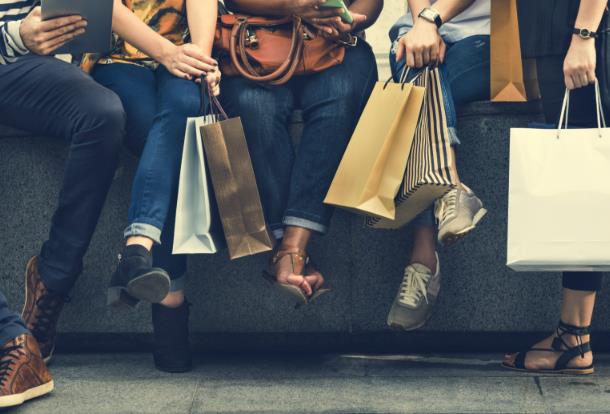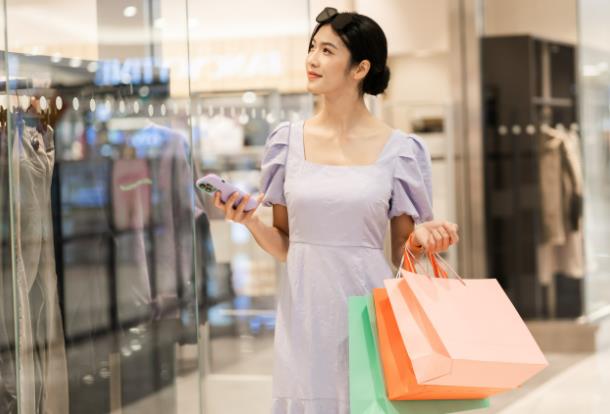Large groups of Chinese visitors have become a pillar of the global tourism industry. Coronavirus has not only put paid to this enormous source of income for major cities and sights around the world, it is having a massive knock-on effect for the luxury goods business.
For any tourist, buying souvenirs is a key part of the holiday experience. They might be trinkets such as keyrings or fridge magnets, a T-shirt emblazoned with the slogan “I ♡ NY” or a Russian matryoshka doll. But a significant number of Chinese tourists prefer to spend large sums on luxury items, such as designer clothes and accessories, when they travel overseas.
Roughly one-third of global spending on luxury goods was credited to Chinese consumers in 2018. Consultants at Bain predict this to rise to 50% by 2025. Before the coronavirus pandemic, nearly all of this £85 billion worth of spending (92%) was done outside the Chinese mainland.
What’s more, most of this overseas shopping is done by women between the ages of 19 and 29, according to a 2018 survey of over 750 million Chinese people. From our interviews with many of these women, it seems clear that as the Chinese economy recovers from coronavirus they will return to spending. Where they are able to travel and spend will have a big impact on economic recoveries from the pandemic.
In China, demographic cohorts are defined by decades. Rather than millennials or generation Z, in China it is the post-90s generation (those born in the 1990s) that have become the core driver of growth for many industries, including luxury, leisure and travel retail.
Around the world, people buy and display luxury goods – from fancy cars to expensive watches and handbags – as status symbols. This is especially the case for the post-90s Chinese woman who seeks to distinguish herself from others in various ways. Vivian, who’s 30, has a master’s degree and works in finance, told us:
Buying luxury branded products is very personal. It’s my handbag. I do not want to look like everyone else.
While overseas travel restrictions will significantly reduce the outbound tourist market for the time being, many brands will be hoping for a similar bout of so-called “revenge spending”, as people make up for the time spent cooped up in lockdown.
Read original article




